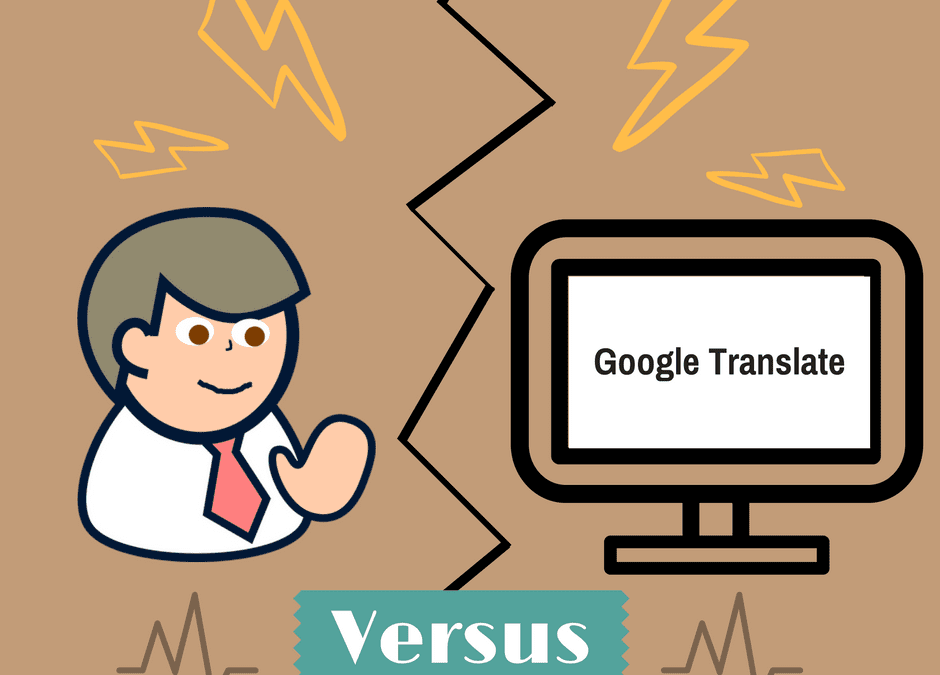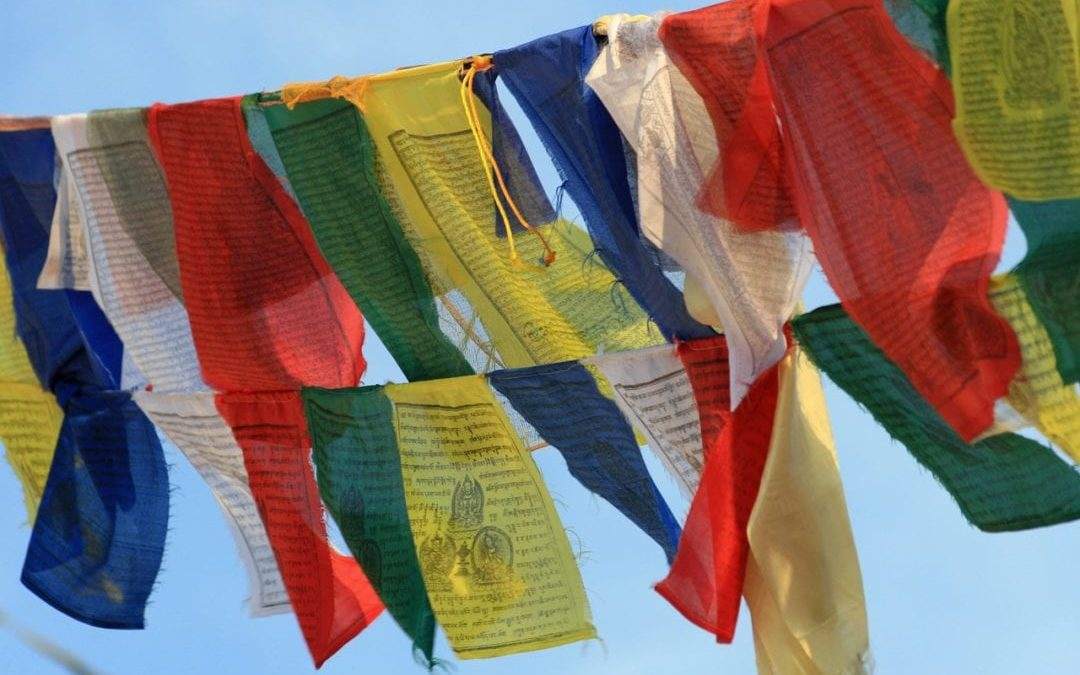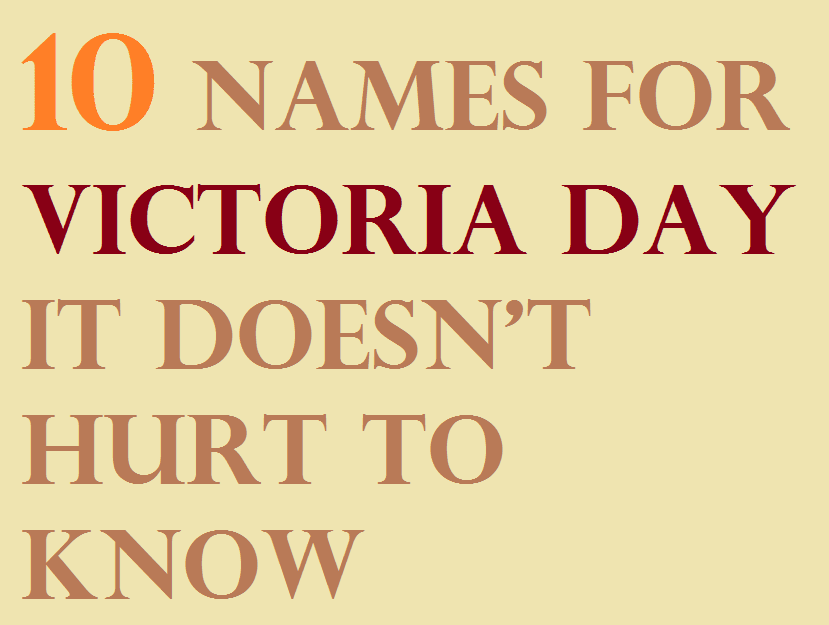
Oct 4, 2016 | Blog, Translation, Translation News
Will Google Translate replace professional translators in the future? In this blog post, we look at how Google Translate tries to compete with professional translators. Google Translate is a fast and easy way to translate words and short sentences. But how accurate are these online translations? Can they match the translations done by a professional translator? Could professional translators become obsolete due to the free online translation services provided by Google? In this article, we want to show you how Google Translate works. It may be an easy and fast way to translate a text, but it is in fact unlikely to become a competitor to professional translators. The New Version of Google Translate This week, Google launched their new version of Google Translate, which reportedly translates texts as proficiently as human translators. The system is more accurate and comes closer to matching the fluency of human translators s for some languages, such as Spanish or Chinese. It uses a technique known as “deep learning”, which uses networks of mathematical functions to recognize objects and translate speech in real time. Google asked test subjects with fluency in two languages to compare the translation work of their new system with that of professional translators. There wasn’t much difference between the translation done by Google Translate and the one performed by a human translator. What does this mean for translators? Translators are worried that people will start using Google Translate to get their translations done faster and free of charge thanks to the new system. However, anyone who knows a little bit about the art of translating knows that translating a...

Jun 24, 2016 | Blog, Promotions, Translation, Translation News
Special Summer Offer Dear readers, Celebrate Canada Day with us! We have a special offer for you! July orders over $300 get a $100 credit* on the following translation project. Mention coupon code: 300-100JUL in our Get a free quote form. Redeem your credit by July 4th. Get it translated NOW and enjoy your long weekend! *Terms: Customers who place an order over $300 (plus tax) by July 4th, 2016, will receive a $100 in-store credit on their following language project provided the new order is placed by August 31st,...

Jan 15, 2016 | Promotions, Translation News
What makes Quebec and French Canadian special Quebec is a ‘special’ Canadian province in many ways, but it is especially known for being the only province where English is not an official language! It is well known that the people of Quebec fought for the French Canadian language despite the huge English influence. Finally, in 1977, the French Language Charter set French as the only language for advertisement and education in Quebec. Despite this, it is important to refer to the French dialect in Quebec explicitly as Canadian French in order to differentiate it from the Metropolitan French dialect from France. French people often claim that they have trouble understanding Canadian French. Let’s explore some of these potential differences. Pronunciation differences The most notable differences between Metropolitan and Canadian French are probably to do with pronunciation. Whereas French, in general, contains a very rich vocalic inventory compared to other languages, Canadian French has even more vowel sounds (around 15) than that of France. Quebeckers also tend to reduce their use of consonants significantly and to use abbreviations extensively. The use of articles (le, la) is similar to Portuguese. Instead of saying “le” or “la” (the), they will often say “el” (or l’) and “a”. In some cases, “le” becomes “l apostrophe” in front of a consonant. Vocabulary in French Canadian changes from French European French Canadian vocabulary is distinctive from the vocabulary of Metropolitan France. This is not surprising considering that since its arrival in Canada, the French language was exposed to many different influences. It couldn’t possibly have developed in the same manner as in Europe. Some even...

May 20, 2015 | Promotions, Translation News
Now It Has Hit Nepal Too Indonesia, China, Haiti, Japan, just to name a few, and now Nepal. Two quakes of magnitude 7.8 and 7.3 have struck Nepal in the last 3 weeks, killing more than 8,000 people and leaving several other thousands injured or homeless. Humanitarian organizations are already on the field doing all they can to heal the injured, feed and give shelter to the population with no place to go, recover bodies from the rubble and make reconstruction plans. Why the Role Of Translation Is so Crucial in the Areas Hit By the Earthquake When a disaster strikes, no one usually thinks about the need for linguistic aid. Why would you need translators when people are dying? You need doctors! Fair enough. But have you ever wondered how the communication between doctor and patient occurs? How does a Nepali father explain to a rescue worker who only speaks English that his child is in need of help in a certain place and needs to be rescued? These people are afraid, lost and destabilized. In addition, foreigners unable to speak their language surround them and they can’t communicate with them even if they absolutely need to. How must that feel? Translation has the crucial role of enabling mutual understanding and supporting the aid organizations as well as the Nepali media and communication channels to act quickly and efficiently. Translators Without Borders has sent a team of 25 people to the affected areas of Nepali, Newari, and Hindi for translation work. This kind of rescue work lacks in funds and is far from being the most advantageous job....

May 14, 2015 | Blog, Translation News
Victoria Day: One Holiday, Ten Different Names Ready for the long weekend? Do you know what we celebrate on Monday? At LingoStar Language Services, we found 10 different names for the very same holiday, in Vancouver called Victoria Day, and we are bringing you the explanation for every single one. Take inspiration and enjoy your free time and beautiful weather on this great Canadian holiday. Victoria Day Queen Victoria, who reigned over Great Britain, was born on May 24, 1819. Victoria Day Weekend This celebration marks the birthday of Queen Victoria and is celebrated every year on the last Monday before May 25. May Two-Four A “two-four” is slang for a case of 24 beers, and since the Victoria Day Weekend often ends up including the date May 24th, well, the “May Two-Four” is that weekend where you have an extra day to drink, or to recover. The Start of Camping Season Camping season in Canada runs from Victoria Day (third Monday in May) until Labour Day (first Monday in September). Unofficial Beginning of Summer In the hopes that the frost is really over, many people break out the gardening gloves and get dirty on Victoria Day weekend. May Long Weekend This is pretty self-explanatory. Sometimes abbreviated to just “May Long”. Firecracker Day Fireworks on the holiday Monday is a Canadian tradition. People usually go to fireworks displays put on by their local towns or cities, or set their own off in their backyard or neighbourhood parks. May Run Why is this weekend called “MAY RUN”? In a Facebook discussion, someone thinks that it is a combination of some species...

May 13, 2015 | Translation News
Queen Elizabeth Shares her Baby Joy and We Provide the Translation of her Quote into Several Languages: “Yes, we love to have another girl.” — Queen Elizabeth Translation into Albanian: Jemi të lumtur për ardhjen e një vajze tjetër. Translation into Arabic: نعم نحن سعداء بالحصول علي طفلة أخري Translation into Bulgarian: Радваме се, че имаме още едно момиченце в семейството. Translation into Croatian: Drago nam je što imamo još jednu djevojčicu. Translation into Czech: Ano, jsme rádi, že máme další holčičku. Translation into Dari: ما دوست داریم یک دختر دیگر داشته باشیم Translation into French: Oui, on est ravi d’avoir une autre fille. Translation into German: Ja, es freut uns sehr, noch ein Mädchen in der Familie zu haben. Translation into Goun: E vivi nan mi na mi so do ovi yon’si devo Translation into Greek: Χαιρόμαστε πολύ που έχουμε ακόμα ένα κορίτσι στην οικογένεια. Translation into Gujarati: અમને એક બીજી છોકરી હોવાનો આનંદ છે. Translation into Hebrew: אנחנו שמחים שיש לנו ילדה נוספת. Translation into Hindi: हमे एक और लड़की होने की बेहद ख़ुशी है। Translation into Italian: Sì, siamo felicissimi di avere un’altra bambina. Translation into Indonesian: Kami merasa bahagia memiliki bayi perempuan lagi. Translation into Korean: 우리는 또 다른 소녀를 가졌으면 해요 Translation into Kurdish: خؤشحالين بة لةدايكبووني كجيَكي ترمان Translation into Latvian: Mēs priecājamies par vēl vienu meiteni. Translation into Lithuanian: Džiaugiamės dar viena mergaite. Translation into Macedonian: Milo ni e što imame ušte edno devojče vo semejstvoto Translation into Norwegian: Vi er veldig glade for å ha en jente til i familien. Translation into Pashto: موږ مینه لرو یوه بله جلی ولرو Translation...






















